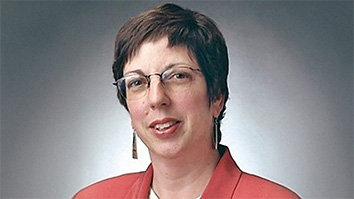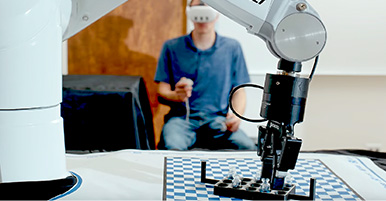SRI Authors: Peter Neumann
Citation
Chisnall, D., Rothwell, C., Watson, R. N. M., Woodruff, J., Vadera, M., Moore, S. W., . . . Neumann, P. G. (2015, 14-18 March). Beyond the PDP-11: Architectural support for a memory-safe C abstract machine. Paper presented at the International Conference on Architectural Support for Programming Languages and Operating Systems (ASPLOS’15), Istanbul, Turkey.
Abstract
We propose a new memory-safe interpretation of the C abstract machine that provides stronger protection to benefit security and debugging. Despite ambiguities in the specifi- cation intended to provide implementation flexibility, contemporary implementations of C have converged on a memory model similar to the PDP-11, the original target for C. This model lacks support for memory safety despite welldocumented impacts on security and reliability. Attempts to change this model are often hampered by assumptions embedded in a large body of existing C code, dating back to the memory model exposed by the original C compiler for the PDP-11. Our experience with attempting to implement a memory-safe variant of C on the CHERI experimental microprocessor led us to identify a number of problematic idioms. We describe these as well as their interaction with existing memory safety schemes and the assumptions that they make beyond the requirements of the C specification. Finally, we refine the CHERI ISA and abstract model for C, by combining elements of the CHERI capability model and fat pointers, and present a softcore CPU that implements a C abstract machine that can run legacy C code with strong memory protection guarantees.


